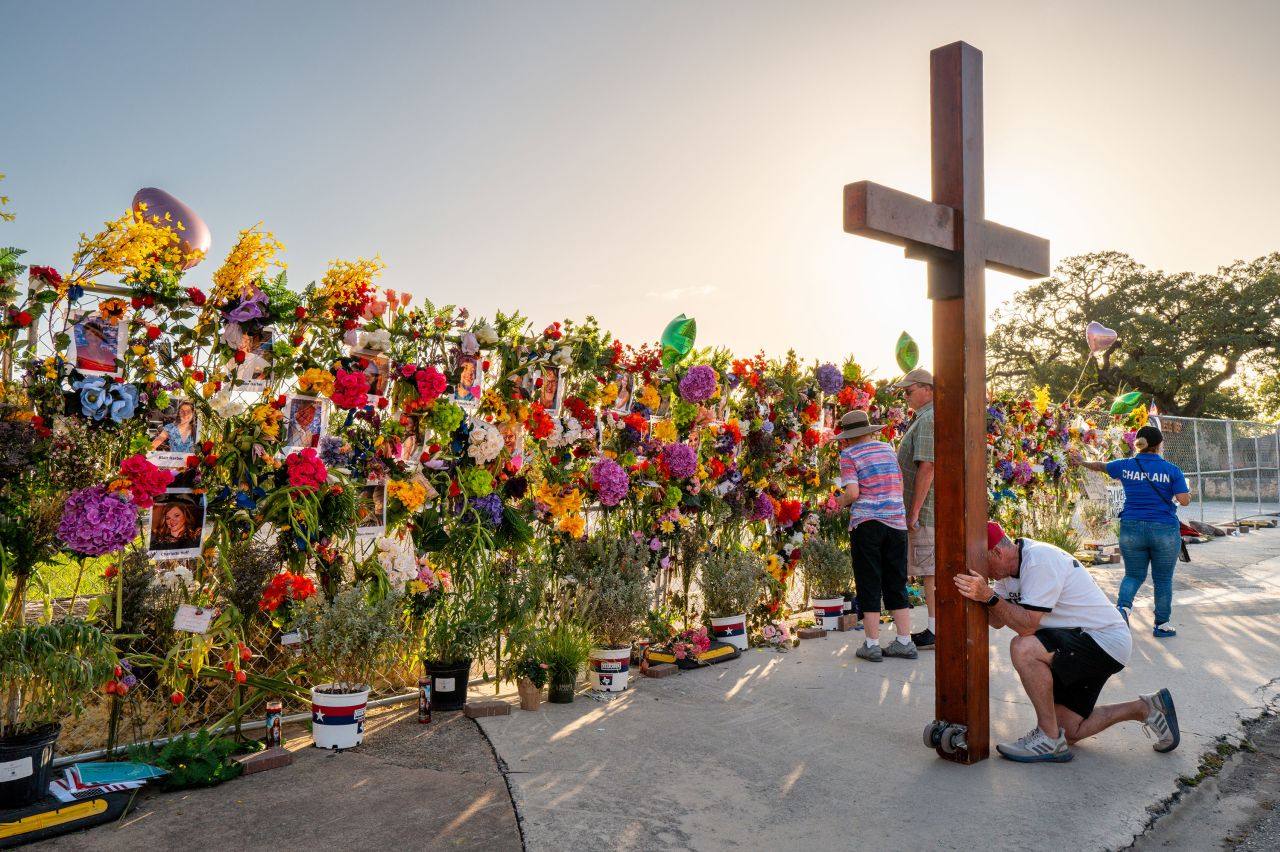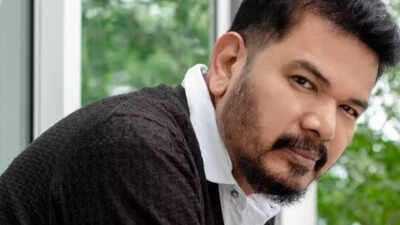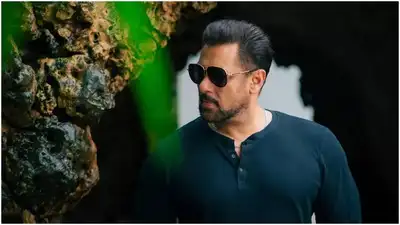
Thiruvananthapuram: On the final day of campaigning, the Congress accused Chief Minister Pinarayi Vijayan of preventing a Dalit from potentially becoming the future Chief Minister of Kerala and of not including a Scheduled Caste minister in his Cabinet.
Congress MLA Mathew Kuzhalnadan claimed that by nominating K Radhakrishnan for the Alathur Lok Sabha seat, which he subsequently won, the Chief Minister has created a scenario where, for the first time in Kerala’s history, there is no Scheduled Caste minister in the state cabinet. The Congress leader noted that Radhakrishnan, who first became a minister in the E K Nayanar Cabinet in 1996, has held various responsibilities, including Speaker of the Kerala Assembly and ministerial positions, and was seen as a potential future CM candidate.
The Congress highlighted the absence of a SC minister in the Kerala cabinet throughout its election rallies and neighbourhood meetings.
CPM state secretary M.V. Govindan countered Kuzhalnadan’s accusations, asserting that he is engaging in caste politics for electoral gains.
“Kuzhalnadan is playing identity politics to divide people along caste lines. “We have appointed Radhakrishnan as the leader of the CPM parliamentary party in the Lok Sabha,” he stated.
However, the Congress camp reminded Govindan that the CPM parliamentary party consists of only four members, three of whom were elected with the support of the Congress.
The Congress leaders asked Govindan whether seeking representation for Dalits constitutes caste politics ?
Earlier, prominent Dalit leader from Kerala and Congress Chief Whip in Lok Sabha Kodikkunnil Suresh had questioned CPM’s decision, citing Radhakrishnan’s impressive credentials: minister in the 1996 E K Nayanar ministry, full-term Speaker of Kerala Assembly, and sole LDF MP to secure victory.
Suresh argued Radhakrishnan’s retention in Kerala would have leveraged his influence rather than assigning him a vague parliamentary role.
Meanwhile, Radhakrishnan has refuted the Congress’ allegations; “Whatever positions I have attained are because of my party. My party is responsible for my growth. The Congress is raising baseless issues to mislead the poor people. However, the public will see through the Congress’ game plan,” he asserted.
The CPM leadership maintains that Radhakrishnan’s persona is not limited to his Dalit identity. However, the Congress camp countered the claim, highlighting what they consider to be the CPM’s contradictory position.
The Congress leaders argue, “If the CPM is reluctant to recognize Radhakrishnan’s caste identity, then why did they make him national convenor of the Dalit Shoshan Mukti Manch?”
This entity is affiliated with the CPM and is committed to fighting against caste-based discrimination and promoting the rights of Dalits. Similarly, why did they constitute a separate wing exclusively for the SCs in Kerala – Pattika Jati Samrkashna Samithi?
A recurring allegation against the Left and even the Congress-led UDF is that Dalit leaders are often assigned the SC/ST Welfare portfolio as their primary responsibility. They may occasionally receive additional portfolios such as law, culture, parliamentary affairs, and electricity. Yet, they are frequently excluded from key portfolios like home, finance, revenue, public works, agriculture, education, health, and transport.
Mismatch in the social composition of CPM
The under-representation of Dalits is not confined to the government, even the CPM organisational structure reflects a similar mismatch. In Kerala, SCs account for nearly 17 per cent of the total CPM membership, but their representation in state and district leadership remains as low as in other states.
As per the data brought out by the CPM a few years ago, Scheduled Castes (SC) and Scheduled Tribes (ST) make up over 28 per cent of the total party membership in the country, yet their representation in state and district committees is only 8.47 per cent and 15.45 per cent, respectively. The ST representation in state committees is 5.77 per cent and in district committees, it is 6.13 per cent.
The situation in other states also mirrors this disparity. In Punjab, for instance, 44.5 per cent of party members are from scheduled castes, yet only five hold positions in the state committee.
In West Bengal, while 23.1 per cent of members belong to SC communities, the representation in state committee is negligible.
Many believe the significant lack of representation in key areas has hampered the prospect of substantial change. It is widely believed that for the genuine empowerment of Dalits, communist parties need to focus on fostering inclusive leadership and participatory decision-making processes in the government’s and the organisation.






















































